News

Nov 21, 2022
Materials Research Institute names 2022 Roy Award Winners
Seven Penn State materials researchers have received the 2022 Rustum and Della Roy Innovation in Materials Research Award.
Full Article

Nov 21, 2022
Penn State researcher to deliver renewable energy talk to Danish Parliament
Bruce Logan, the director of the Institutes of Energy and the Environment, has been invited to speak to the Danish Parliament about energy as Europe wrestles with energy costs and insecurity.
Full Article

Nov 21, 2022
New process developed to extract high purity rare earth element oxides
Critical minerals, including rare earth elements, are used to power devices like smartphones and computers and are essential to our nation’s economy and national security.
Full Article
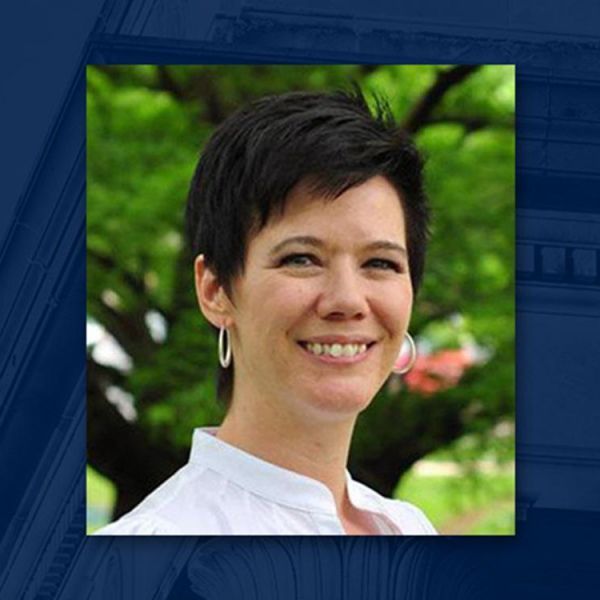
Nov 18, 2022
Engineering community mourns death of Professor Janna Maranas
The Penn State College of Engineering community is mourning the sudden loss of Janna Maranas, professor of chemical engineering, who died on Nov. 3 at the age of 57.
Full Article
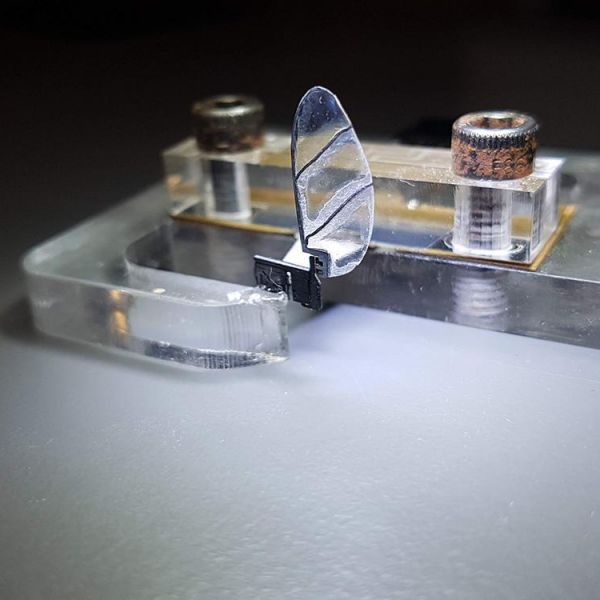
Nov 18, 2022
Fruit flies use corrective movements to maintain stability after injury
Fruit flies can quickly compensate for catastrophic wing injuries, researchers found, maintaining the same stability after losing up to 40% of a wing. This finding could inform the design of versatile robots, which face the similar challenge of having to quickly adapt to mishaps in the field.
Full Article
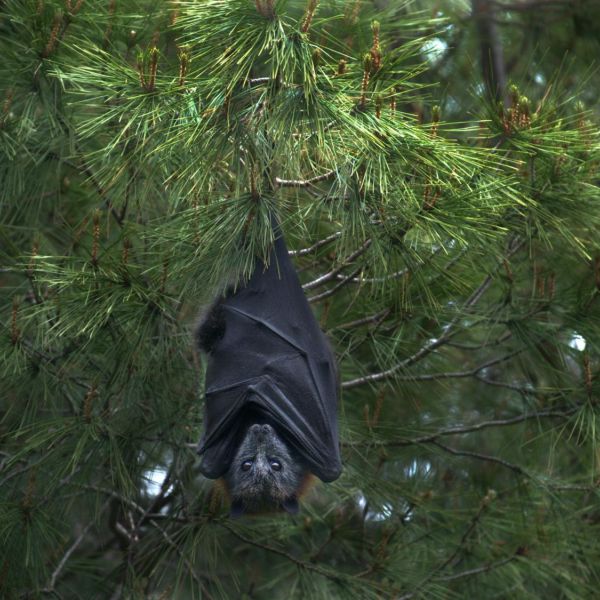
Nov 17, 2022
To prevent next pandemic research suggests we need to restore wildlife habit
Preserving and restoring natural habitats in specific locations could prevent pathogens that originate in wildlife from spilling over into domesticated animals and humans, according to new research led by an international team of researchers, including Penn State.
Full Article
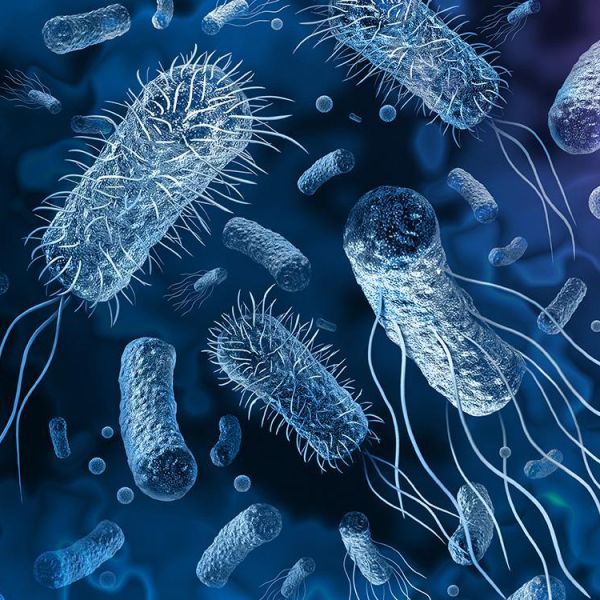
Nov 15, 2022
FDA-approved cholesterol medicine may help prevent antibiotic resistance
Antimicrobial resistance, including bacteria that have evolved to defy antibiotics, is one of the top 10 global public health threats humanity faces, according to the World Health Organization.
Full Article

Nov 15, 2022
WATCH: Tracy Langkilde shares perspective on trail running and pursuing passions
In a video series titled “Perspective: Leaders at Penn State,” Tracy Langkilde, Verne M. Willaman Dean of the Eberly College of Science, reflects on her love for trail running as an opportunity to pursue a passion and reach new heights with others.
Full Article
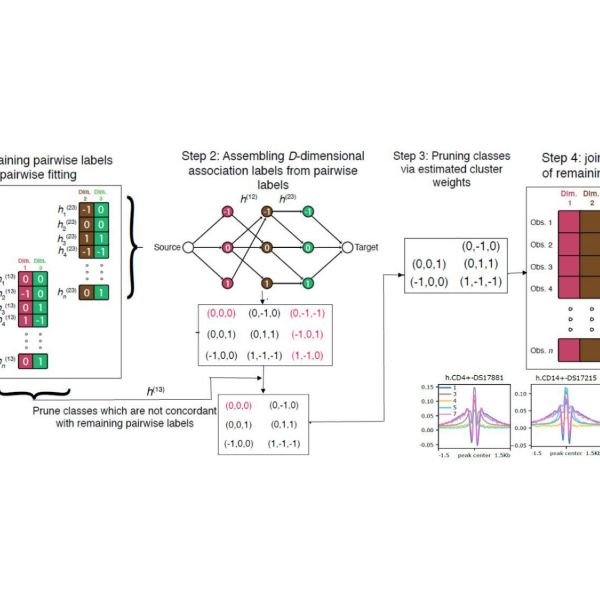
Nov 14, 2022
New statistical method improves genomic analyses
A new statistical method provides a more efficient way to uncover biologically meaningful changes in genomic data that span multiple conditions — such as cell types or tissues.
Full Article
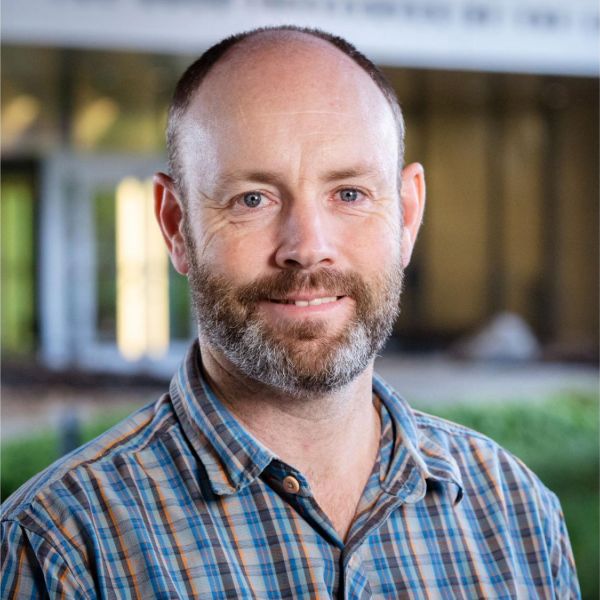
Nov 14, 2022
Michael Axtell named Louis and Hedwig Sternberg Chair in Plant Biology
Michael Axtell, distinguished professor of biology at Penn State, has been named the Louis and Hedwig Sternberg Chair in Plant Biology in the Eberly College of Science.
Full Article